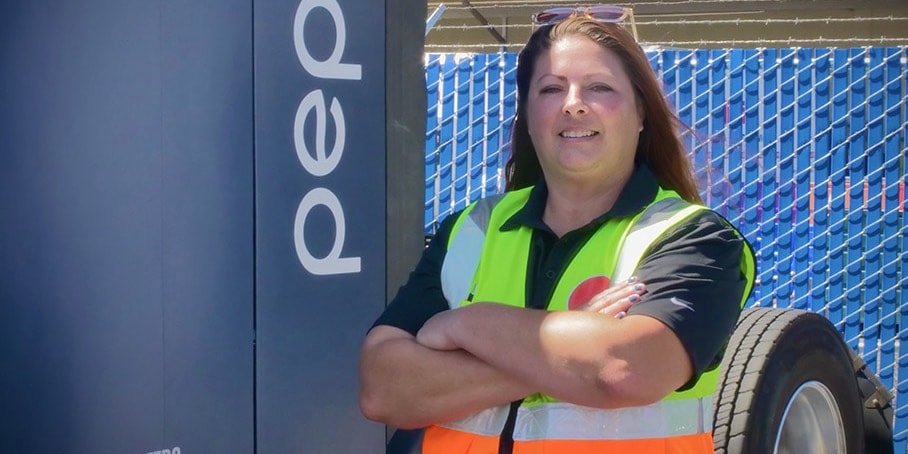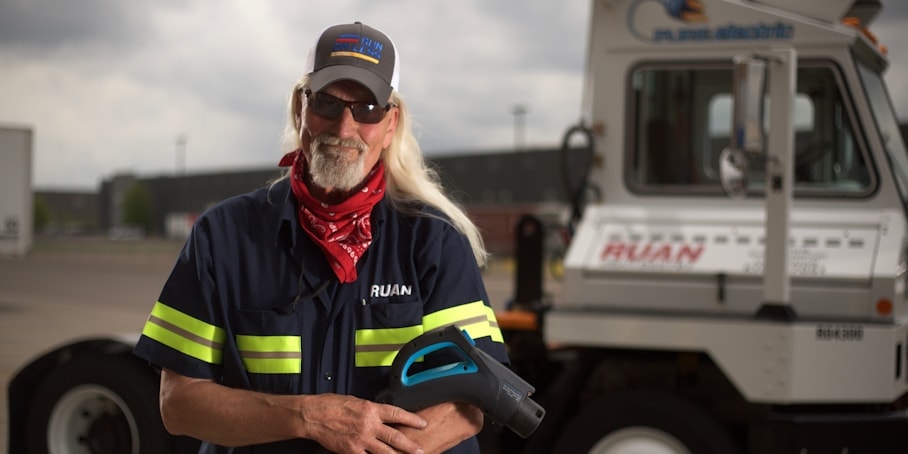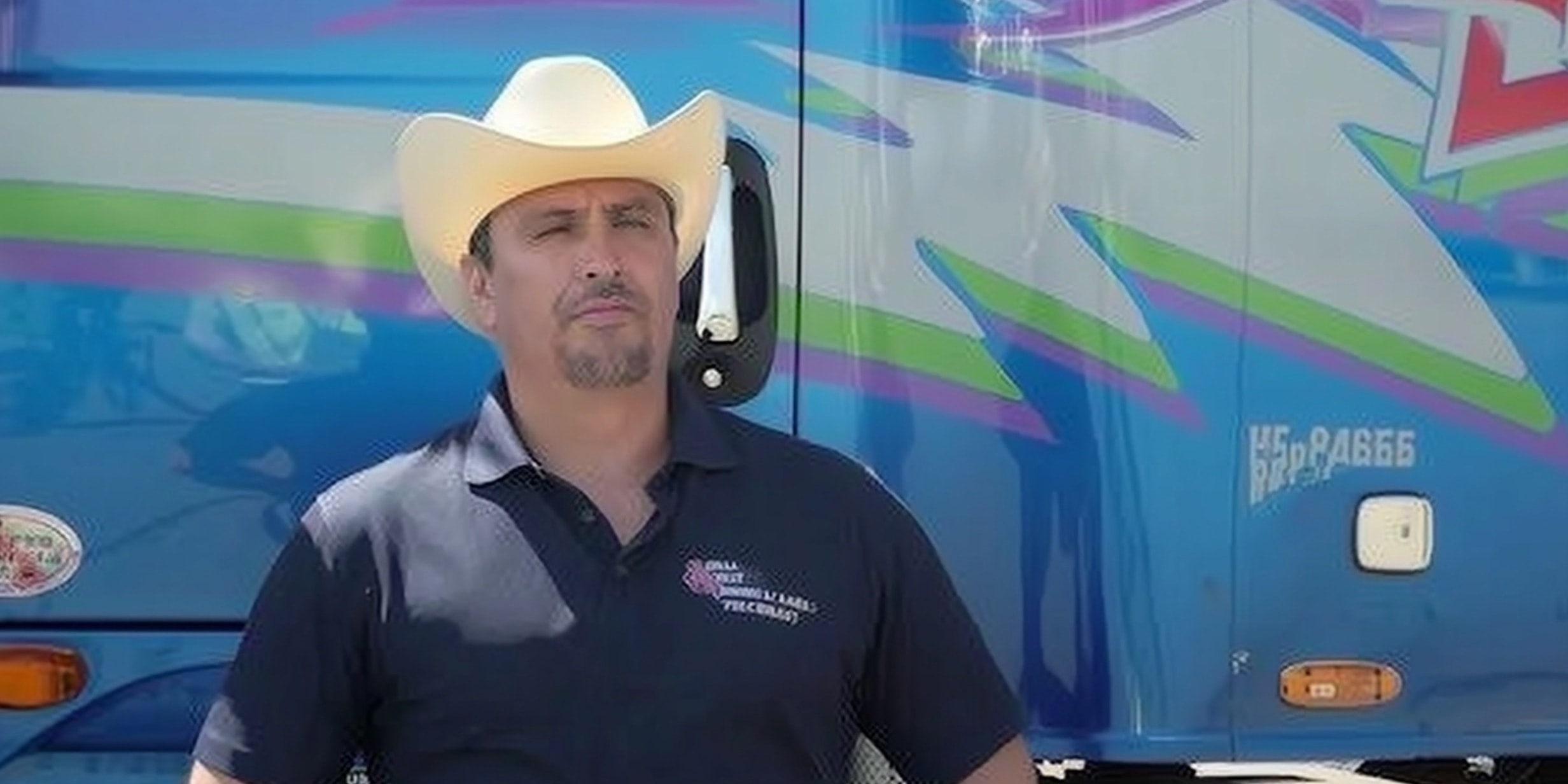Depots Prove BEVs Are Capable And Improving
Twenty-two trucks, including three Tesla Semis, demonstrate the viability of battery electric vehicles in a variety of trucking applications.
Fort Wayne, Indiana — November 8, 2023 — Run on Less Electric – DEPOT proved that truck depots can operate battery electric vehicles in large numbers in a variety of use cases.
“Through Run on Less Electric – DEPOT we were able to show that adopters of battery electric vehicles have demonstrated that they work at scale in various segments of the trucking industry including vans and step vans, medium-duty box trucks, terminal tractors and heavy-duty regional haul,” says Mike Roeth, executive director of the North American Council for Freight Efficiency (NACFE), which launched the three-week Run in conjunction with RMI on September 11, 2023.
The 10 depots operated 291 electric trucks, 22 of which NACFE followed throughout the Run.
The early lessons learned shared on September 18th in the middle of Run on Less – Electric DEPOT were proven to be valid at the conclusion of the three-week event.
“Our early findings fell into six broad categories,” Roeth says. “The data collected throughout the 18 days of the Run validated those early findings, which we expect will give fleets confidence in moving toward wider use of battery electric vehicles.”
The key findings are:
- Small depots are ready for electrification now and electrification at large depots is gaining momentum.
- There have been big improvements in trucks and chargers since Run on Less – Electric in 2021.
- The industry needs cost and weight reductions to improve the total cost of ownership.
- Range can be extended with multiple charges per shift at the depot and enroute.
- It’s still taking too long for power delivery and infrastructure to be installed, which is driving portable/temporary charging.
- The diversity, passion and capability of the people involved is helping to scale the adoption of electric trucks.
Click here to see additional panes of the infographic.
“We were not surprised that our initial conclusions held true throughout the Run,” Roeth says. “We expect that fleets and their partners will be pleased to see consistency of the results and use this information to re-evaluate and even accelerate their work on electrification.”
The Run provided good news around uptime as all 22 of the studied trucks performed as expected with some exceeding expectations. For example, the Tesla Semis deployed at PepsiCo’s Sacramento Beverages depot completed 410 miles on a single charge and 1,076 miles in a single 24-hour day, enabled by fast 750 kW charging at various points during the day. Also, the depots did not experience any significant loss of power or uptime of the charging systems during the 18 days.
“We also learned that improvements in the trucks, the charging infrastructure and well-thought out implementation plans are critical to delivering the benefits of electric trucks on a wider scale,” Roeth adds.
All trucks were tracked using Geotab technology capturing total miles driven, miles per day, deliveries per day, battery state of charge, use of regenerative braking and other metrics. A data set is available for download (see link below).
In addition, Roeth and Dave Mullaney, principal, carbon-free transportation, RMI, and seven of the Run on Less Electric – DEPOT fleets are meeting with White House officials on November 9th to have a wide-ranging dialogue about the experience fleets are having purchasing, charging and operating battery electric commercial trucks.
The Run was made possible through sponsorships with PepsiCo as an executive sponsor and Cummins and Shell as title sponsors as well as a host of companies that are event and supporter sponsors.
You can follow the Run here and on Twitter.
Click here for the data set, infographics and more.






